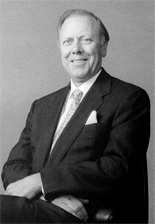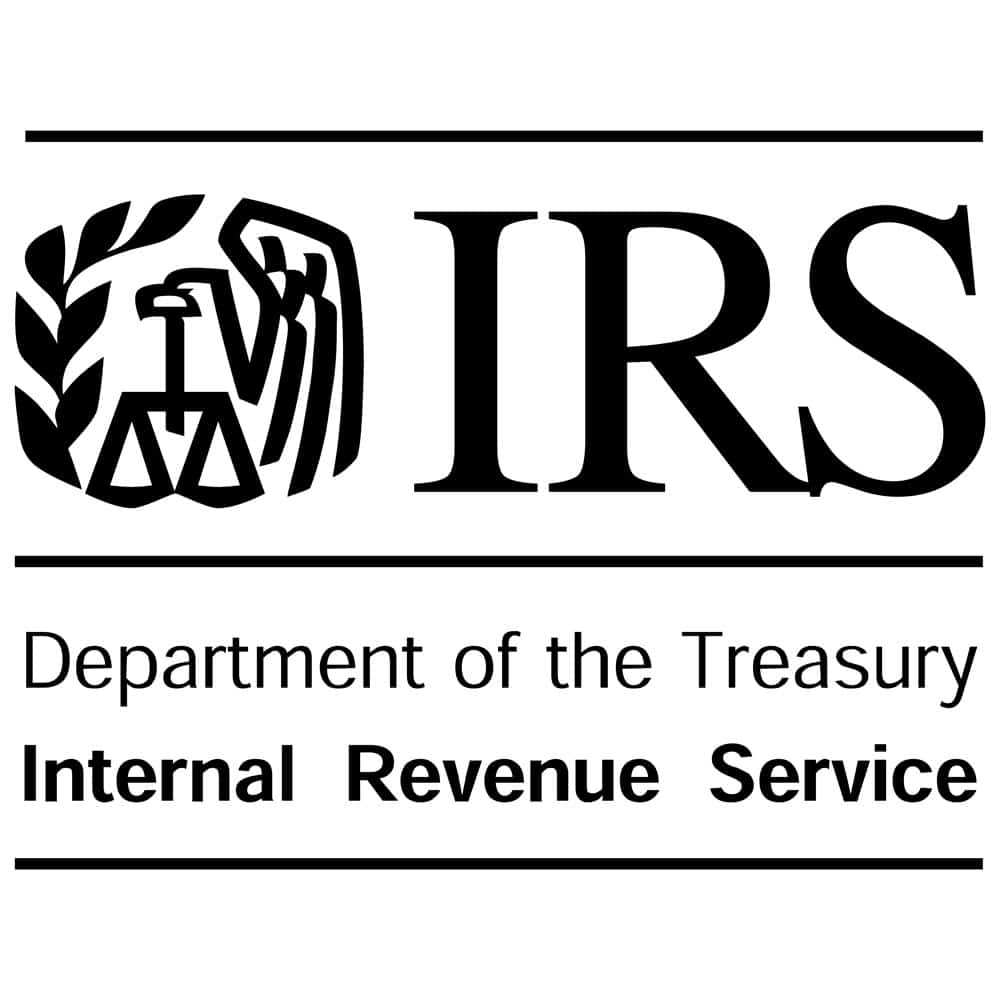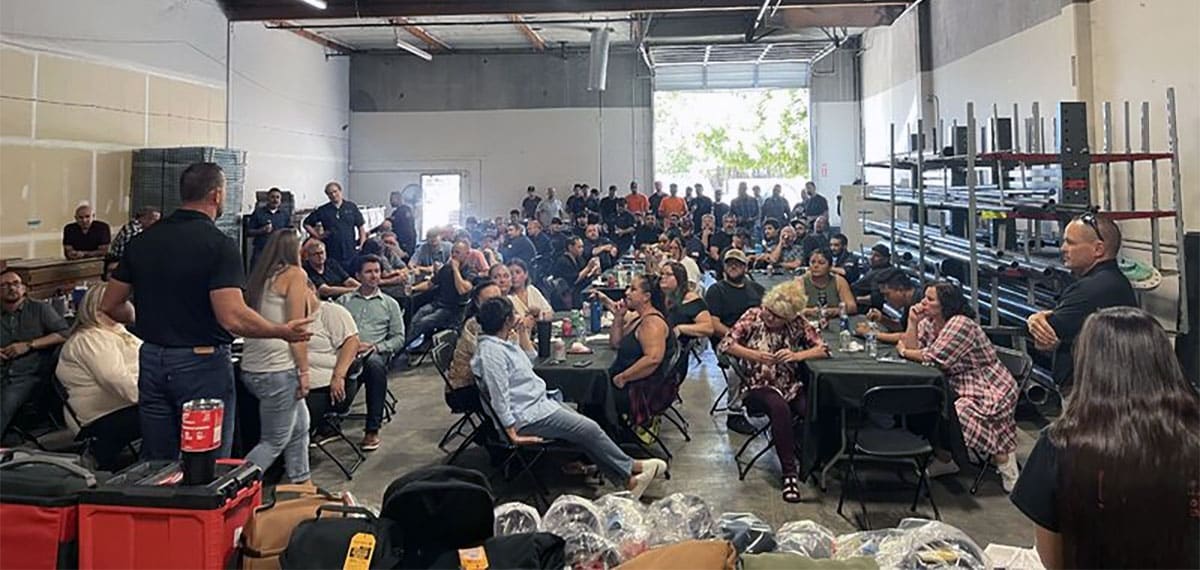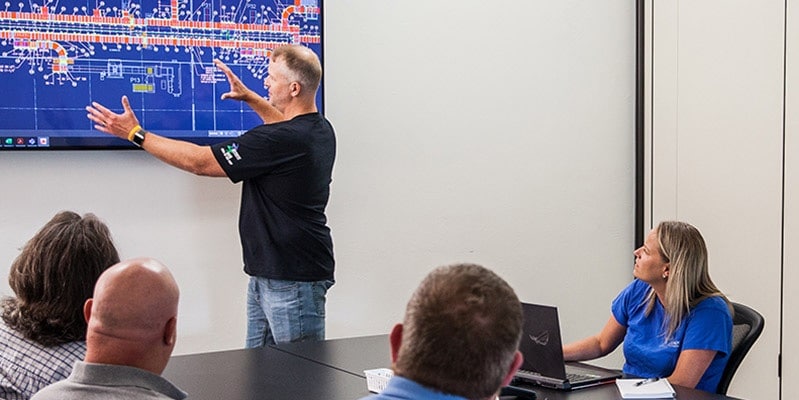By John D. Menke
Although the Employee Stock Ownership Plan (“ESOP”) concept continues to enjoy bipartisan support in Congress, this support is still not deep. Current support for the tax incentives that are essential to the adoption of new ESOPs comes from only a handful of key members of the House and the Senate.Meanwhile, during recent years many ESOP allies have retired or lost their seats. We now have fewer ESOP supporters than at any time during the last 20 years.
This problem is compounded by the following unfortunate facts:

First, most Congressional representatives rely heavily upon staff to advise them on proposed bills. These aides are recent university graduates with little or no knowledge of ESOPs; moreover, they tend to serve only a year or two before moving on to the private sector. Given their lack of knowledge of the benefits that ESOPs provide to American workers and business owners, it is highly unlikely that Congressional staffers will proactively recommend voting against legislation that may be detrimental to the ESOP industry.
Second, the ESOP industry lacks a constituency with political clout. No ESOP labor union collects dues and lobbies on behalf of ESOPs. True, we have 10 million employee owners disbursed throughout the country. But they are not likely to be members of any one political party. Nor are they likely to vote as a block. And yes of course, we do have the ESOP Association and ESCA, which consist of owners of ESOP companies and ESOP practitioners. But these organizations represent only 10% or so of all ESOP companies. Further, their total membership consists of only a couple thousand individuals, much too small a number to pose a serious threat to anyone’s reelection.
Third, in recent years a growing number of academics have written position papers hostile to the ESOP concept. These are mostly “pension purists” who believe that investing in employer securities is both bad public policy and bad economics. Unfortunately, they can point to a number of high profile ESOP company bankruptcies to support their position, e.g. United Airlines, Foster and Gallagher, and the Chicago Tribune.
Fourth, it appears that federal budget deficits will continue for the next five to ten years. In the current recessionary climate, raising taxes is not a viable option. Congress will be under intense pressure to raise revenues indirectly by eliminating every tax deduction and loophole it can without causing undue political push back. Since the IRS views the S corporation ESOP as a tax loophole that borders on being an abusive tax shelter, we can be sure that eliminating ESOP tax incentives will be high on the Congressional agenda.
Given these unfortunate circumstances, what strategies can we employ to keep ESOPs viable now and for decades to come?
In my view, we have only two options. The first is to continue our reliance on the personal contacts that CEOs of a few highly successful ESOP companies have established with their Congressional representatives. This approach has served us well. But the trends and circumstances described above suggest that this strategy is risky and may no longer work.
Option Two is an ESOP educational campaign designed to give Congressional representatives and their staffers a better understanding of the true economic and social benefits that ESOPs bestow upon American workers and on the macro-economy. A more ESOP-savvy Congress would continue to support ESOPs based upon their merits rather than upon political considerations.
Happily, the infrastructure is already in place to make Option Two viable. Several years ago the ESOP Association created the ESOP Foundation as a separate, non-profit 501(c) educational organization for the specific purpose of conducting research and educational activities on ESOPs.
The stated purpose of the ESOP Foundation is to expand knowledge of employee ownership among “thought leaders”, academics, the media, and the general public. The ESOP Foundation is eligible to receive tax-deductible contributions. It now has an endowment slightly in excess of $1 million dollars. It has already funded a number of projects capable of making a difference. Among those projects funded during 2009 and 2010 are the following:
• Initiating with the Foundation for Enterprise Development a business school curriculum on employee stock ownership under the auspices of the Center for Business Education at the Aspen Institute.
• Funding an academic symposium on employee stock ownership at the University of Pennsylvania.
• Conducting and publishing an annual Economic Performance Survey of ESOP Owned Companies.
• Financing various grants through Rutgers University’s School of Labor and Management to co-fund fellowships for research projects on employee stock ownership by professors and graduate students at major U.S. universities. In 2010 under the tutelage of Rutgers University Professor Joseph Blasi, the author of five highly-acclaimed books on ESOPs, the ESOP Foundation, together with the Beyster Foundation, underwrote 32 fellowships to professors, graduate students and PhD candidates to research various aspects of ESOPs. The resulting research reports were presented at the Beyster Fellowship Symposium in La Jolla, California, in June of 2010 and at the Mid-Year Fellows Workshop at Rutgers University in February of 2011. In 2011 the ESOP Foundation and the Beyster Institute expects to grant 22 additional fellowships to further explore the impact of ESOPs on American workers.
We expect these fellowships to produce a threefold result. First, these research reports (most of which will be published either online or in hard copy) will be extremely useful as reference materials if and when questions arise as to whether ESOPs truly benefit the U.S. economy and individual ESOP participants. When faced with issues on which they have no personal knowledge or experience, Congressional staffers, government regulators and federal judges often rely heavily on research conducted by academic institutions having no vested interest in the issue.
Second, we believe that these research reports will increase the general knowledge and understanding of ESOPs in both academic and business arenas. Although ESOPs have now been in the U.S. tax code for almost 40 years, most business owners, professional advisors and academics still do not understand the concept. Ongoing research and education is necessary to remedy this deficiency.
Third, many of these research fellows will eventually move into positions of power and influence in academia, government or private industry. Having people in positions of power and influence who understand the true benefits that ESOPs provide is essential to the future of the ESOP industry.
The ESOP Foundation has accomplished a great deal over the past three years. It has launched a number of important new initiatives. But if it is to nurture these initiatives to successful fruition, additional funding is essential.
We who are ESOP practitioners have enjoyed being members of a profession that is intellectually exciting, socially beneficial, and financially rewarding. Clearly, we have an obligation to give something back in return for these blessings. We also have an obligation to protect our realm and make sure that some future Congress does not destroy this valuable financial tool. We need to explain and communicate the unique benefits that ESOPs provide to American workers and to business owners.
Recognizing the importance and urgency of this campaign, our firm has pledged to make an annual contribution to the ESOP Foundation of an amount equal to 5% of our annual company contribution to our own ESOP or .2% of annual revenues, whichever is greater. This insurance is relatively cheap, especially given the deductibility of these contributions. If all ESOP practitioners join us in making the same pledge, the ESOP Foundation will be sufficiently funded to accomplish its objectives for years to come.
For the same reasons, if you are the owner of an ESOP company, don’t you also have an obligation to give something back and/or an obligation to make sure that Congress does not destroy this unique tool either now or in the future?
Please join us in pledging an annual company contribution to the ESOP Foundation of an amount equal to 5% of your annual ESOP contribution or .2% of your annual revenues, whichever is greater.
Contributing to the ESOP foundation may be the most valuable thing that you can do to help preserve existing ESOP incentives both for yourself and for your successors.
John D. Menke





